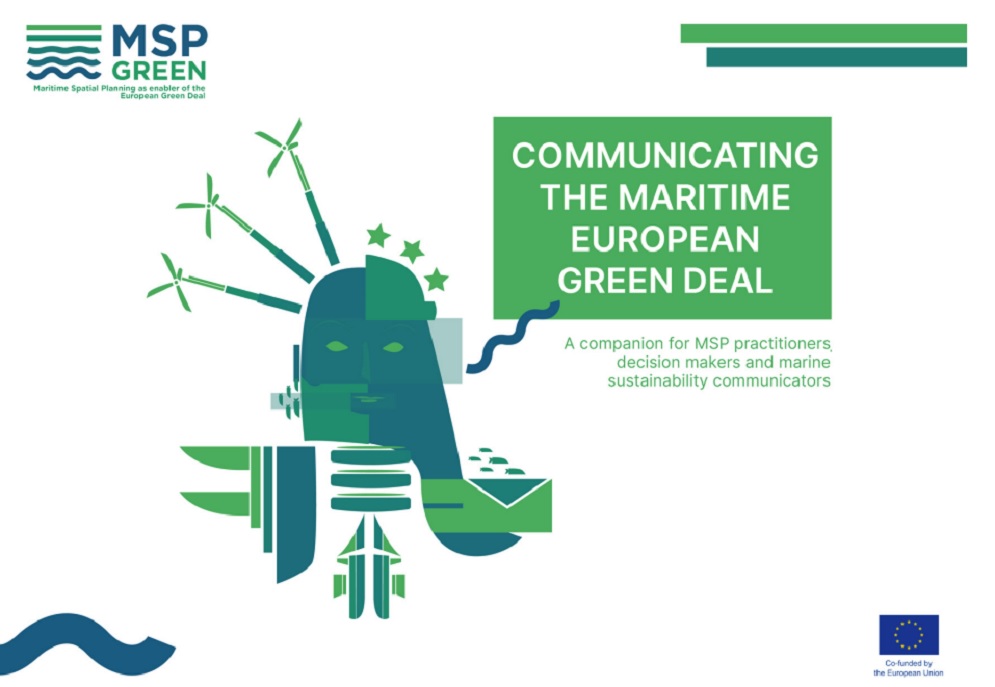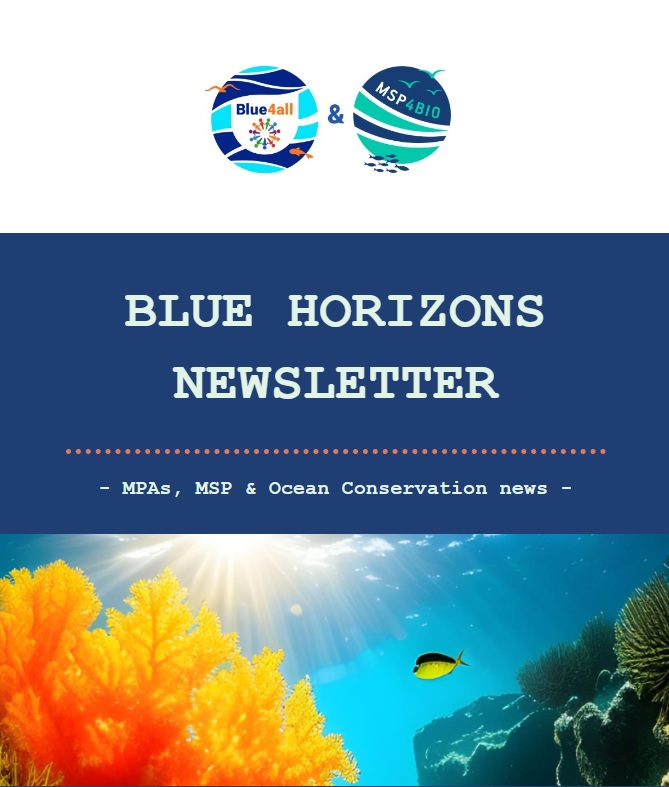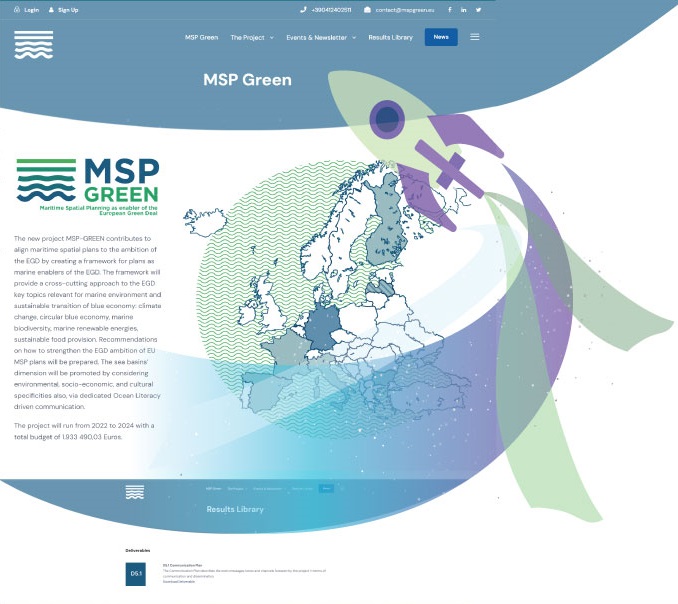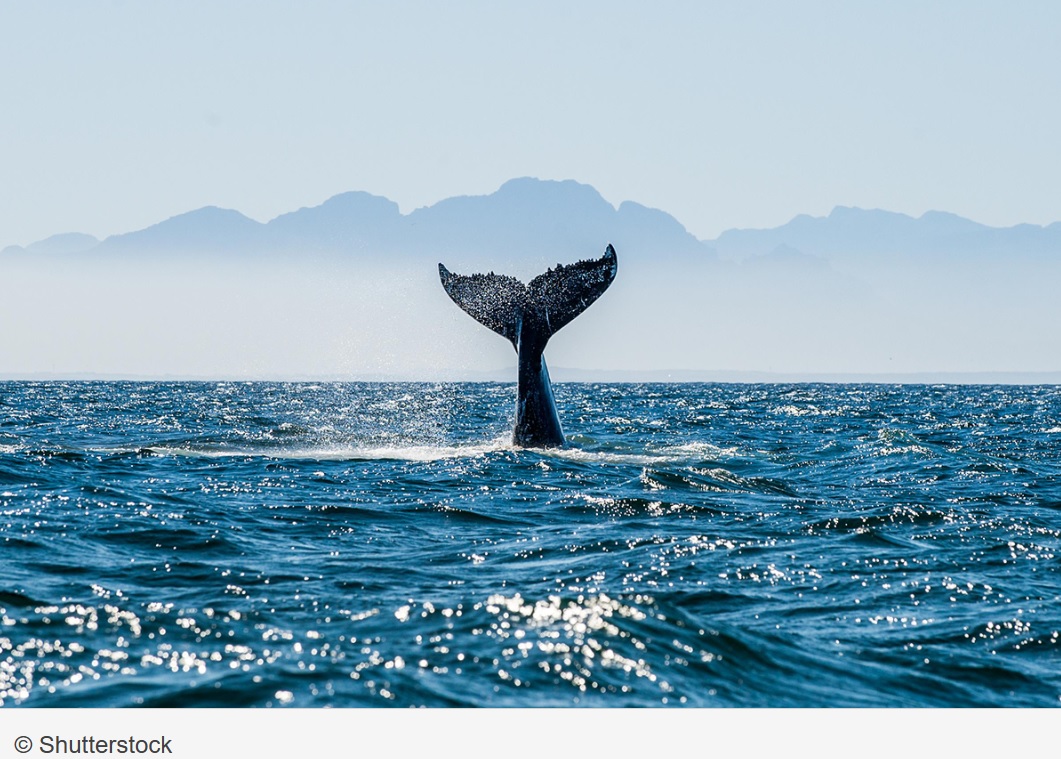News
COMMUNICATING THE MARITIME EGD ACROSS EU SEA BASINS

We are happy to announce our next MSP-GREEN Project Deliverable 5.2: Communicating the Maritime European Green Deal (A Companion for MSP Practitioners, Decision-makers, and Marine Sustainability Communicators). The objective of this deliverable is to help promote the green transition of maritime sectors by means of planned activities in EU Member States, in line with the objectives of the European Green Deal (EGD) and the EU Maritime Spatial Planning (MSP) Directive. The main goal is to present sea basin-specific elements of the maritime EGD that could be considered in communication strategies. Maritime cultural specificities of the EU sea basins that could act as enablers of maritime EGD communication are also considered.
Read more: COMMUNICATING THE MARITIME EGD ACROSS EU SEA BASINS
Blue Horizons newsletter is out!

MSP4BIO Project has united BLUE4ALL Project to put together Blue Horizons, a newsletter focusing on Marine Protected Areas, Maritime Spatial Planning & Ocean Conservation news, particularly around these two projects, upcoming events, opportunities & announcements, and highlighting sister project features as well!
Welcome to the 1st edition of Blue Horizons!
MSP-GREEN project website is officially launched!

You can find information about:
• Project’s objectives and overall activity structure
• Consortium team
• MSP and EGD
• Project results and deliverables
• Events and Newsletter
Follow it at: https://mspgreen.eu
We are also happy to announce, that the MSP-GREEN D2.1: The Green Deal component of the EU MSP Plans, along with Infographic and Country Summaries are published and ready to look and read!
Read more: MSP-GREEN project website is officially launched!
The EU and OACPS call for swift ratification and implementation of the “Treaty of the High Seas”

The European Union (EU) and the Organisation of African, Caribbean, and Pacific States (OACPS) welcome signature of the BBNJ agreement (biodiversity beyond national jurisdiction), also known as “Treaty of the High Seas”. This agreement is key to protect the ocean, promote equity and fairness, tackle environmental degradation, fight climate change, and prevent biodiversity loss in the high seas.
The adoption of this Agreement is an historic achievement marking the successful end of more than a decade of multilateral work. It is also a welcome addition to the United Nations Convention on the Law of the Sea (UNCLOS), which provides the legal framework under which all activities in the ocean take place.
